|
|
Post by pieter on Dec 19, 2022 11:44:21 GMT -7
|
|
|
|
Post by pieter on Dec 19, 2022 12:09:18 GMT -7
|
|
|
|
Post by pieter on Dec 19, 2022 12:43:06 GMT -7
 Government apologises for the Netherlands’ role in the history of slaveryNews item | 19-12-2022 | 16:18 Government apologises for the Netherlands’ role in the history of slaveryNews item | 19-12-2022 | 16:18
In a speech this afternoon, Prime Minister Mark Rutte apologised for the past actions of the Dutch State: to enslaved people in the past, everywhere in the world, who suffered as a consequence of those actions, as well as to their daughters and sons, and to all their descendants, up to the present day. The prime minister gave the apology at the National Archives in The Hague, in the presence of representatives of organisations that have pressed for acknowledgement of the effects of slavery. In Suriname and on Aruba, Curaçao, St Maarten, Bonaire, St Eustatius and Saba, members of the government will meet with organisations and authorities to discuss what this apology means in each of those places."We are doing this – and doing it now – so that, standing on the cusp of an important commemorative year, we can find a way forward together. We not only share a past; we share a future too. So with this apology we are writing not a full stop, but a comma."The prime minister’s apology and the dialogues elsewhere are an important part of the government’s response to the report entitled ‘Chains of the Past’, which was presented by the Slavery History Dialogue Group in July 2021. The report advised the government to proceed with acknowledgement, apology and recovery, in relation to slavery in the Kingdom. The government response to the report was sent to the Dutch House of Representatives this afternoon.
After his speech, the prime minister, together with deputy prime ministers Sigrid Kaag, Wopke Hoekstra and Carola Schouten and ministers Hanke Bruins Slot and Robbert Dijkgraaf, held a private meeting with the various representatives.Government responseThe government will make €200 million available in a fund for measures aimed at raising awareness, fostering engagement and addressing the present-day effects of slavery. The programming of activities and allocation of funds will take place in consultation with descendants and other relevant parties.
In addition the government has proposed establishing an independent commemoration committee. The committee will be tasked with ensuring a large-scale, dignified commemoration of the history of slavery on 1 July 2023, together with the Caribbean parts of the Kingdom, Suriname and other countries. The government wants to use the upcoming commemorative year as an opportunity to assess, together with parties from across society and the commemoration committee, how this annual commemoration can be arranged on a larger scale and in a more fitting and cohesive way going forward.
The upcoming year of commemoration, which starts next year on 1 July, will include several major Kingdom-wide events. The King personally feels very engaged with this subject and will be present at the commemoration in Amsterdam on 1 July. The commemorative year will provide a great deal of scope for social, cultural and educational initiatives throughout society. Further stepsThe government sees today’s apology as a first step. In its response to the report by the Slavery History Dialogue Group, it announced that it will give the Netherlands’ role in the history of slavery a substantial place in education, as this is where young people come into contact with history.
The government will also work to enhance knowledge and awareness, by preserving and developing museums and archives and protecting cultural heritage, both in the European Netherlands, the Caribbean parts of the Kingdom, and the other countries involved. Consultations will be held with Aruba, Curaçao, St Maarten, Bonaire, St Eustatius and Saba about their specific wishes in these areas. In addition, the government will contribute to the development of a national slavery museum, with an affiliated knowledge centre. The multiannual research that was recently announced will provide input for these new institutions. The government will also make it easier for people to change their surname if that name is related to slavery.
The government will announce the official rehabilitation of the Curaçao resistance hero Tula, who was brutally murdered. The above-mentioned fund will also provide scope for honouring other resistance fighters in an appropriate manner.Source: www.government.nl/latest/news/2022/12/19/government-apologises-for-the-netherlands-role-in-the-history-of-slavery |
|
|
|
Post by pieter on Dec 19, 2022 12:47:41 GMT -7
|
|
|
|
Post by pieter on Dec 19, 2022 12:50:46 GMT -7
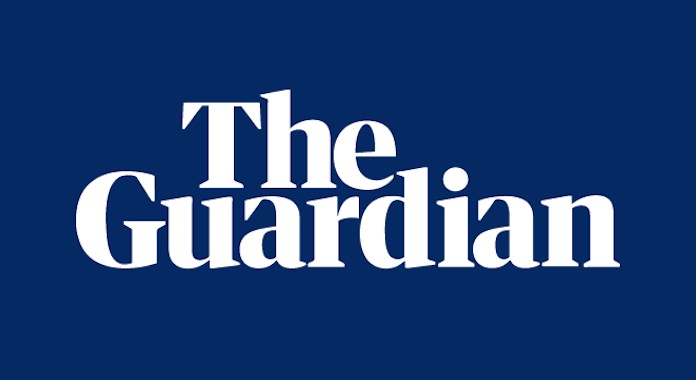 Dutch PM apologises for Netherlands’ role in slave tradeMark Rutte says Dutch state ‘enabled, encouraged and profited from slavery’ for centuries Dutch PM apologises for Netherlands’ role in slave tradeMark Rutte says Dutch state ‘enabled, encouraged and profited from slavery’ for centuries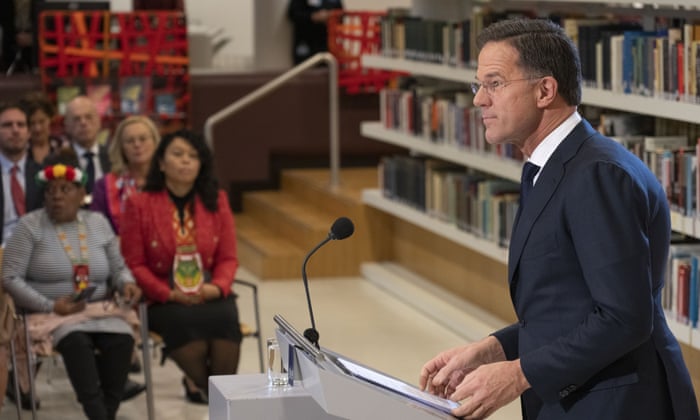 Netherlands PM says sorry for Dutch state role in slaveryMark Rutte has offered a formal apology on behalf of the Dutch state for the Netherlands’ historical role in the slave trade, saying slavery must be recognised in “the clearest terms” as a crime against humanity. Netherlands PM says sorry for Dutch state role in slaveryMark Rutte has offered a formal apology on behalf of the Dutch state for the Netherlands’ historical role in the slave trade, saying slavery must be recognised in “the clearest terms” as a crime against humanity.
In a speech at the national archives in The Hague on Monday, the Dutch prime minister acknowledged the past “cannot be erased, only faced up to”. But for centuries, he said, the Dutch state had “enabled, encouraged and profited from slavery”.
People were “commodified, exploited and traded in the name of the Dutch state”, he said, adding: “It is true nobody alive today bears any personal guilt for slavery … But the Dutch state bears responsibility for the immense suffering of those who were enslaved, and their descendants. Today, on behalf of the Dutch government, I apologise for the past actions of the Dutch state.”
utte’s words were due to be echoed by Dutch ministers who had travelled to seven former colonies in South America and the Caribbean that suffered untold misery during the 250 years of the slave trade that helped fund the Netherlands’ economic and cultural “golden age”.
The move followed the conclusions of a national advisory panel set up after the 2020 killing of George Floyd in the US, which said Dutch participation in slavery had been a crime against humanity deserving of a formal apology and financial reparations. The government has ruled out reparations, but will set up a €200m educational fund.
Its formal apology, however, has caused considerable controversy, with descendants’ groups and some of the countries affected criticising it as rushed and arguing that the lack of consultation from the Netherlands showed colonial attitudes still persisted.
Campaigners have said an apology should instead come from the Dutch king, Willem-Alexander, and be made in the former colony of Suriname, on 1 July next year, the 150th anniversary of the end of slavery there. Rutte said choosing the right moment was a “complicated matter” and there was “not one right time for everyone”.
Slavery was formally abolished in all Dutch overseas territories on 1 July 1863, making the Netherlands one of the last countries to outlaw the practice, but it took a further decade to end in Suriname because of a mandatory 10-year transition period.
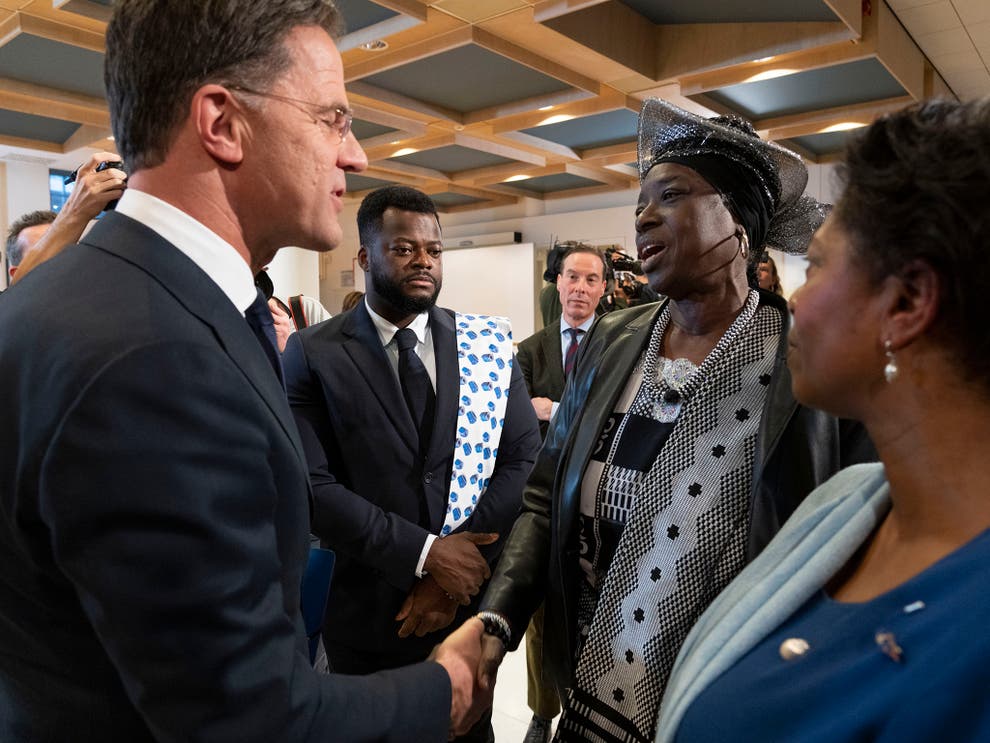 t t
Dutch PM Rutte, left, shakes hands with Marian Markelo, a Winti Priest, an Afro-Surinamese traditional religion, second right, after apologising for the Netherlands’ historical role in slavery (AP)
The prime minister of the Dutch Caribbean territory of Sint Maarten, Silveria Jacobs, told Dutch media at the weekend that the island would not accept any government apology “until our advisory committee has discussed it and we as a country discussed it”.
A Sint Maarten activist, Rhoda Arrindell, said: “We’ve been waiting for a few hundred years for true reparatory justice. We believe that we can wait a little further.”
Roy Kaikusi Groenberg of the Honour and Recovery Foundation, a Dutch Afro-Surinamese organisation, said there had not been enough consultation with descendants, describing the government’s handling of the issue as a “neocolonial belch.”
The Netherlands has taken time to address its colonial past, adding the history of Dutch slavery to the school curriculum only in 2006. “There is a sector in society that really clings to colonial pride,” said Karwan Fatah-Black, of the University of Leiden.
Historians estimate that at the height of its 16th- to 17th-century empire, Dutch traders shipped up to 600,000 enslaved Africans to South American and Caribbean colonies such as Suriname and Curaçao, and as many or more to South Africa and East India, modern-day Indonesia.
Dutch cabinet ministers were in Suriname, Bonaire, Sint Maarten, Aruba, Curaçao, Saba, and Sint Eustatius to “discuss the cabinet response and its significance on location with those present” after Rutte’s speech, the government said.
The first major Dutch foray into slavery was in 1634, when an initial 1,000 people were abducted from the Gold Coast – today’s Ghana – to Brazil by the Dutch West India Company to work on its plantations.
The Caribbean island of Curaçao, captured the same year, became a slave-trading hub and in 1667 the Dutch seized Suriname, on the north-east coast of South America, turning it into a plantation colony heavily dependent on slave labour from Africa.
In the Indian Ocean and Asia the Dutch East India Company brought enslaved people mainly to Cape Town from modern-day Madagascar, and to modern-day Indonesia from the Indian subcontinent.
At its height in the 1770s, historians have calculated slavery accounted for more than 10% of the gross domestic product of Holland, the richest of the seven Dutch provinces that made up the then United Provinces of the Netherlands.
Dutch cities including Amsterdam, Rotterdam, The Hague and Utrecht have apologised for their roles in the slave trade and the government had previously expressed “deep regret” but stopped short of a formal apology.
Rutte said on Monday that the year from next July would be a slavery memorial year in which the country would “reflect on this painful history”.
The Dutch prime minister’s remarks follow Denmark’s 2018 apology to Ghana, which it colonised from the mid-17th to the mid-19th century, and King Philippe of Belgium’s “deepest regrets” for abuses in Congo, expressed in June this year.
MPs in Belgium failed, however, to reach a consensus on Monday on how to formulate an apology for the notoriously bloody excesses of the country’s rule in what is now DR Congo, Rwanda and Burundi.
They had been due to meet to approve 128 recommendations from a commission set up to examine Belgium’s record in its former central African colonies, but in the end none went to a vote. The left said their liberal coalition partners had refused to approve a report including an apology. |
|
|
|
Post by pieter on Dec 19, 2022 12:54:25 GMT -7
 Dutch prime minister apologizes for the Netherlands’ role in the slave tradeBy Alex Hardie and Sharon Braithwaite, CNN Dutch prime minister apologizes for the Netherlands’ role in the slave tradeBy Alex Hardie and Sharon Braithwaite, CNN
Published 1:20 PM EST, Mon December 19, 2022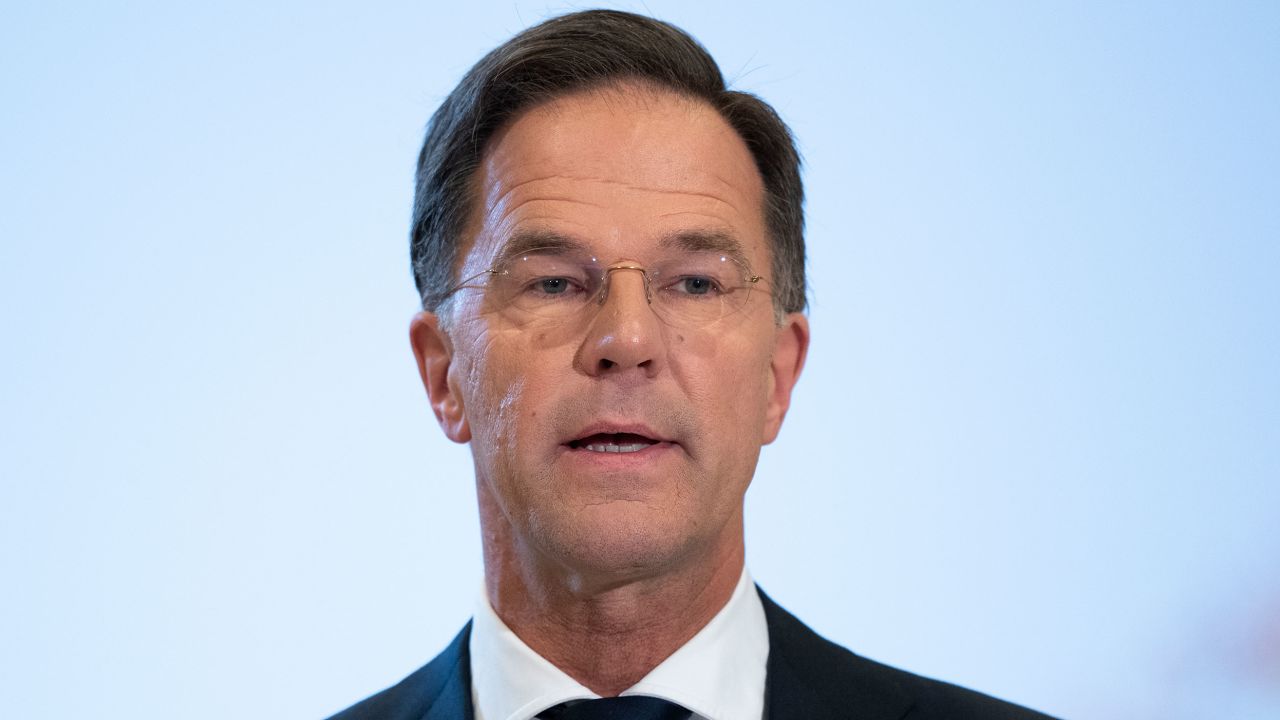 Dutch Prime Minister Mark Rutte's comments were part of the Dutch government's wider acknowledgment of the country's colonial past. Photo: Peter Dejong/APCNN - Dutch Prime Minister Mark Rutte apologized Monday for the Netherlands’ “slavery past,” which he said continues to have “negative effects.” Dutch Prime Minister Mark Rutte's comments were part of the Dutch government's wider acknowledgment of the country's colonial past. Photo: Peter Dejong/APCNN - Dutch Prime Minister Mark Rutte apologized Monday for the Netherlands’ “slavery past,” which he said continues to have “negative effects.”
Rutte’s comments were part of the Dutch government’s wider acknowledgment of the country’s colonial past, and an official response to a report entitled “Chains of the Past” by the Slavery History Dialogue Group, published in July 2021.
“For centuries under Dutch state authority, human dignity was violated in the most horrific way possible,” Rutte said during a speech at the country’s National Archives in The Hague.
“And successive Dutch governments after 1863 failed to adequately see and acknowledge that our slavery past continued to have negative effects and still does. For that I offer the apologies of the Dutch government,” the Dutch prime minister said.
Rutte also spoke briefly in English on Monday, saying: “Today, I apologize.” 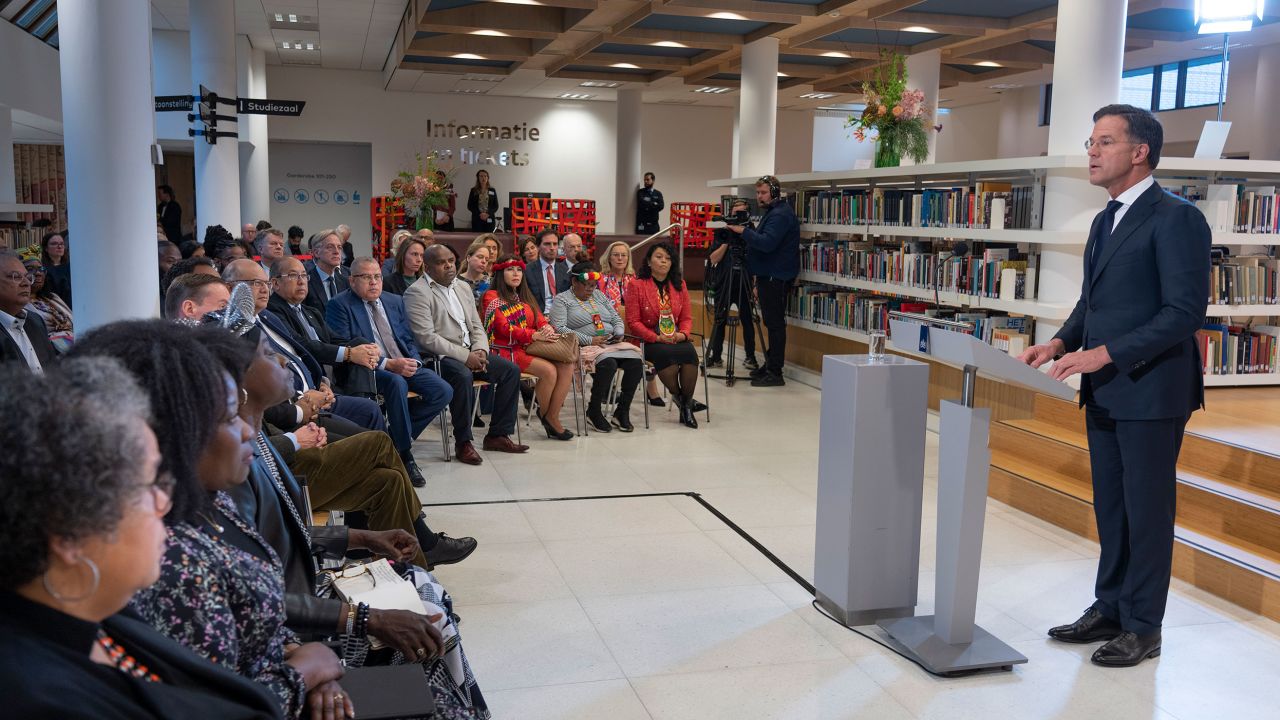 The country profited immensely from the slave trade in the 17th and 18th centuries.“For centuries, the Dutch state and its representatives facilitated, stimulated, preserved, and profited from slavery. For centuries, in the name of the Dutch State, human beings were made into commodities, exploited, and abused,” Rutte said. The country profited immensely from the slave trade in the 17th and 18th centuries.“For centuries, the Dutch state and its representatives facilitated, stimulated, preserved, and profited from slavery. For centuries, in the name of the Dutch State, human beings were made into commodities, exploited, and abused,” Rutte said.
He said that slavery must be condemned as “crime against humanity.”
Rutte acknowledged that he had experienced a personal “change in thinking” and said that he was wrong to have thought that the Netherlands’ role in slavery was “a thing of the past.”
“It is true that no one alive now is personally to blame for slavery. But it is also true that the Dutch State, in all its manifestations through history, bears responsibility for the terrible suffering inflicted on enslaved people and their descendants,” he said.
In early 2020, the Dutch government returned a stolen ceremonial crown to the Ethiopian government.
The country profited greatly from the slave trade in the 17th and 18th centuries; one of the roles of the Dutch West India Co. was to transport slaves from Africa to the Americas. The Dutch didn’t ban slavery in its territories until 1863, though it was illegal in the Netherlands.
Dutch traders are estimated to have shipped more than half a million enslaved Africans to the Americas, Reuters reports. Many went to Brazil and the Caribbean, while a considerable number of Asians were enslaved in the Dutch East Indies, which is modern Indonesia, the agency wrote.
Dutch children are however taught little about the role Netherlands played in the the slave trade, Reuters added.
Conversations about the country’s attitude to race have long-surrounded one of its holiday traditions. The character of “Black Pete” typically sees a white person wearing full blackface, an Afro wig, red lipstick and earrings, and is often part of the Netherlands’ St. Nicholas festivities in December.
Rutte in 2020 said the country his views on “Black Pete” (Zwarte Piet in Dutch) had undergone “major changes” – but he wouldn’t go as far as banning it. 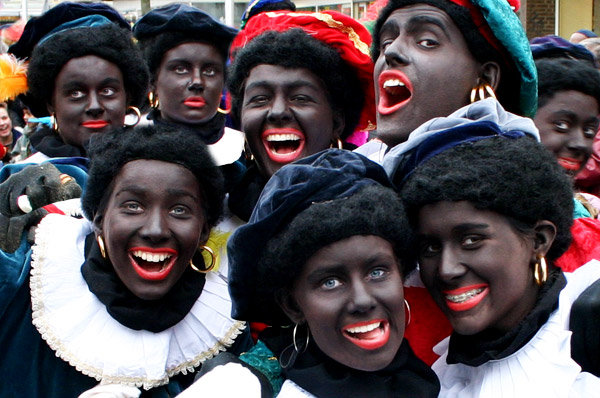 The character of “Black Pete” (Zwarte Piet in Dutch) typically sees a white person wearing full blackface, an Afro wig, red lipstick and earrings, and is often part of the Netherlands’ St. Nicholas festivities in December The character of “Black Pete” (Zwarte Piet in Dutch) typically sees a white person wearing full blackface, an Afro wig, red lipstick and earrings, and is often part of the Netherlands’ St. Nicholas festivities in December |
|
|
|
Post by pieter on Dec 19, 2022 13:09:11 GMT -7
|
|